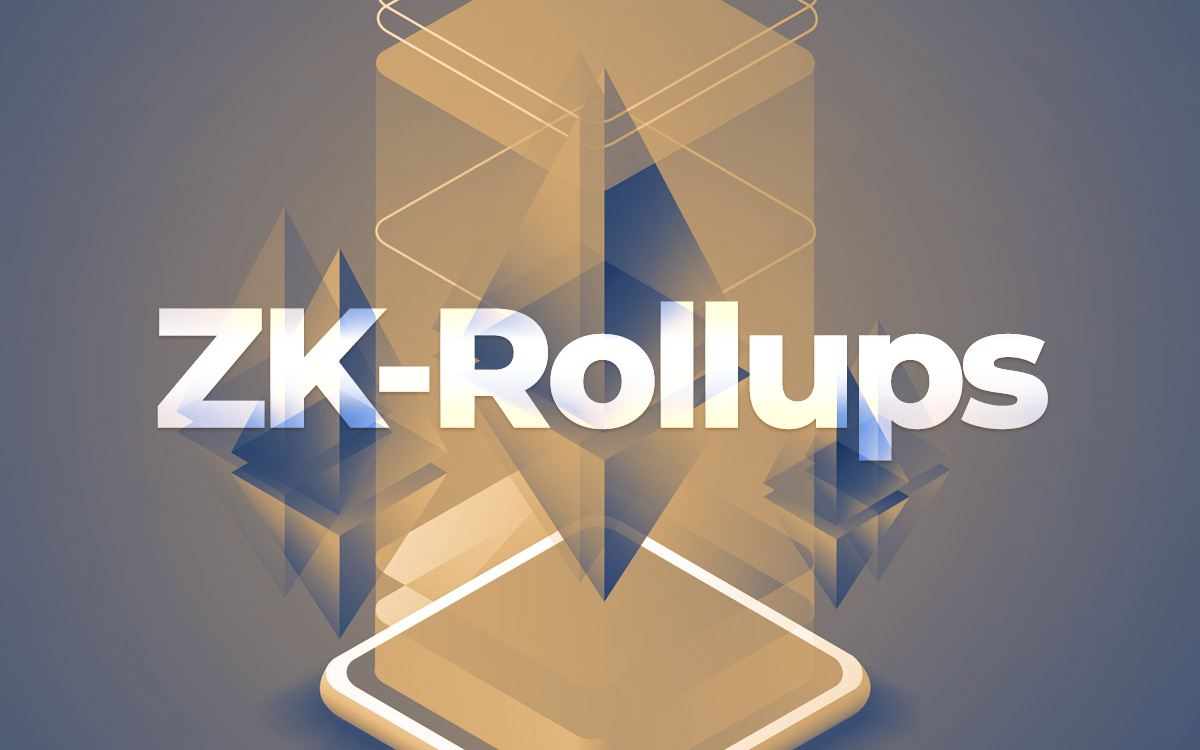Abstract
In the blockchain sphere, scalability for the Ethereum network and many other blockchains is one of the most challenging issues. When the number of transactions and computational processes of the leading blockchain exceeds a limit, the transactions become slow and expensive.
This problem affects the user experience of the Ethereum network and the ecosystem of this cryptocurrency. “ZK Rollup” is one of the solutions that the developers of this industry have provided to solve the scalability problem of the Ethereum network. This article will learn about this solution and its advantages and limitations.
What are ZK Rollups?
ZK Rollups also known as Zero Knowledge Rollups, are “smart contracts” implementing Ethereum’s layer2’s scaling solutions to process transactions more efficiently. The ZK Rollup solution aggregates transaction data into a single block and processes them outside the Ethereum main chain to reduce congestion.
The goal is to speed up, make it more secure, and reasonable network fees. The ZK-Rollup Network participants are known as transactors and relayers. Transactors create their transfer and broadcast the transfer to the network, which consists of the indexed address, value, network fee, and nonce.
The indexed address reduces processing resource needs. Relayers aggregate a large number of transactions to create a rollup. It is the relayer’s job to generate the SNARK proof. The SNARK proof is a hash that proves possession of specific information without revealing that information.
ZK Rollups Pros
- Increasing the speed of transactions
The most significant benefit of ZK-Rollups is faster transaction finality time. When it sends the proof of validity, the Ethereum network will immediately verify the transaction (resulting in faster withdrawals). So, users experience faster withdrawals and won’t have to deal with canceled transactions. - Increasing throughput and scalability
ZK Rollup increases network throughput and scalability; Because each transaction contains the least possible data. A ZK Rollup protocol collects all transactions into one transaction and then validates them. - Reduced fees
As all the users who accomplish rollup transactions share the gas fees, it also has fewer network fees. - Decentralized
The parallel computing model encourages decentralization.
ZK Rollups Cons
- Complex validity proofing
Computing a zero-knowledge validity proof is challenging. The complex mechanism of ZK validity proofs limits the functionality of ZK-Rollups to simple transactions like transfers and trading. - Smart contract support
Most Layer 2 scaling solutions support smart contract executions except ZK-Rollups.
Conclusion
Scalability in the Ethereum network has become a controversial topic for years, mainly due to high network fees and congestion during peak demand periods. Meanwhile, a new chapter is ahead for ZK Rollup’s scalability solutions. ZK-Rollups with breakthrough zero-knowledge-proof technology provide security, privacy, scalability, and low gas fee.
